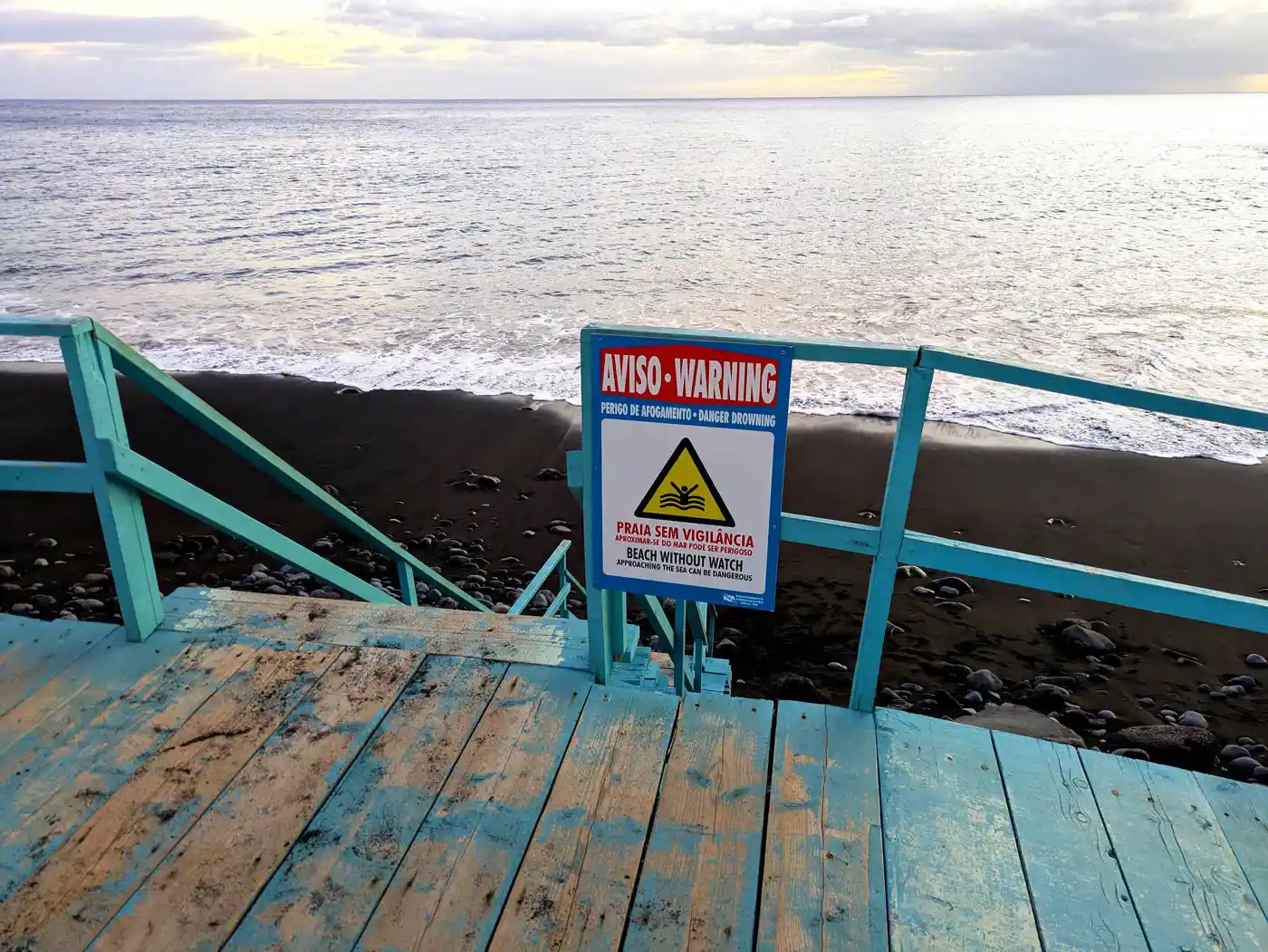ACIF-CCIM Opposes 2026 Minimum Wage Rise of €65, Citing Productivity Gap
The Commercial and Industrial Association of Funchal (ACIF-CCIM) currently opposes the 2026 regional minimum wage increase, and its reasoning was simple: wages are growing faster than productivity. The group said the 7% rise - adding €65 to the minimum salary - “is excessive and out of step with economic reality.”
Between 2015 and 2024, the regional minimum wage increased by 65% in nominal terms, while productivity rose only 42%, the association said.
For ACIF-CCIM, that gap threatens Madeira’s competitiveness and could pressure smaller firms. But the way the group uses the term productivity raises larger questions about how fairly the concept is applied in Madeira’s regional economy.
Profit Margins Can Grow Even With Slower Productivity
The association’s argument assumes that wage growth must follow productivity growth. Yet that is false reasoning. Companies can see profits increase even when productivity grows slowly - for example, when tourism demand pushes up prices, when businesses reduce costs elsewhere, or when subsidies cushion expenses.
In Madeira, where much of the economy depends on tourism, prices in hotels, transport, and services have risen sharply in recent years. These sectors have maintained healthy margins despite limited productivity gains per worker. ACIF-CCIM’s position overlooks this reality: higher profits and higher wages can coexist, even in periods of slower efficiency growth.
Productivity Is Not the Same as Economic Health
Productivity — the value produced per worker or per hour — is only one piece of a wider picture. A rise in wages does not automatically mean productivity has stalled, nor does it mean the economy is losing strength. Portugal’s lower productivity compared with Germany, for example, does not make Portuguese workers less capable; it reflects differences in industrial structure, investment, and scale.
In Madeira, many small and service-based firms rely on seasonal work and tourism cycles. These factors limit measurable productivity but do not necessarily signal inefficiency. By focusing narrowly on productivity, ACIF-CCIM ignores how wage increases also drive demand, reduce inequality, and help retain local talent.
Economic Boom is Slowing Down Growth in Productivity
An economic boom, such as the one Madeira has experienced in recent years, can slow down productivity growth. When demand is high, companies earn higher profits easily, which reduces their incentive to improve efficiency or invest in innovation. Rapid expansion can stretch resources too thin, and many workers move to low-productivity sectors like tourism and retail. While the economy continues to grow, each worker produces less, which hides deeper structural problems that could hurt long-term growth.
Fears of Economic Slowdown Mask Structural Challenges
ACIF-CCIM has also warned of weaker tourism in 2026, citing slower bookings from the German and British markets. Yet this forecast highlights another issue: Madeira’s dependence on external demand, not just labor costs. A real debate on competitiveness would focus on diversifying the economy, improving innovation, and supporting small companies to invest in training — all of which can raise productivity in the long term.






Comments